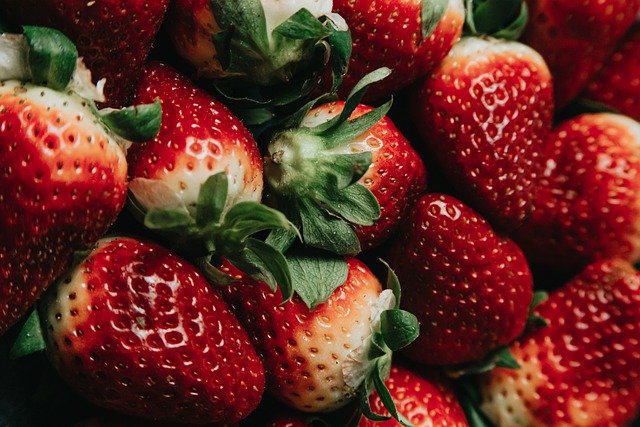Introduction
As our canine companions age, their dietary needs change. Senior dogs require a balanced diet that supports their overall health and well-being. With so many food options available, it can be overwhelming to choose the best diet for your aging dog. In this article, we’ll explore the best dietary options for senior dogs, including tips on how to select the right food and common health issues associated with senior canine nutrition.
The Importance of Nutrition in Senior Dogs
Senior dogs require a nutrient-rich diet that supports their aging process. As they age, their metabolic rate slows down, and their digestive system becomes less efficient. A balanced diet that meets these changing needs can help prevent malnutrition, support weight management, and reduce the risk of chronic diseases.
Key Nutrients for Senior Dogs
Senior dogs require a range of key nutrients to maintain optimal health. These include:
- Maintenance energy levels with reduced protein amounts.
- A limited amount of carbohydrates and sugars.
- Higher amounts of fiber and moisture content.
- A balanced mix of omega-3 fatty acids and antioxidants.
- Sodium and potassium to support healthy blood pressure.
Tips for Selecting the Right Food
Choosing the right food for your senior dog can be challenging. Here are some tips to help you make an informed decision:
- Determine your dog’s life stage: Senior dogs require a different diet than younger dogs.
- Look for joint support ingredients: As joints become less mobile, it’s essential to include joint-supporting nutrients like glucosamine and chondroitin in the diet.
- Watch out for added sugars: Senior dogs are prone to insulin resistance and diabetes; avoid foods with added sugars.
- Consider a senior formula: Many dog food manufacturers offer senior formulas that cater specifically to older dogs’ needs.
Senior dogs are prone to various health issues, including:
- Weight gain and obesity
- Dental problems
- Cognitive decline and dementia
- Arthritis and joint pain
- Diabetes and insulin resistance
Conclusion and Advice
In conclusion, providing your senior dog with a balanced diet is crucial for maintaining their overall health and well-being. By selecting the right food, paying attention to key nutrients, and monitoring common health issues, you can help ensure your aging companion lives a happy and healthy life.
Remember to always consult with your veterinarian before making any changes to your dog’s diet, especially if they have specific health needs or allergies. With the right nutrition and care, senior dogs can thrive in their golden years.
- Dietary options for senior dogs
- Nutrition for aging dogs
- Senior dog food recommendations
- Care and nutrition for older dogs
- Dog nutrition for joint health

